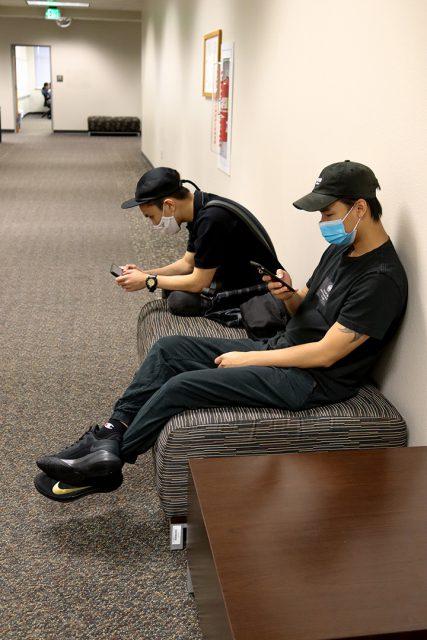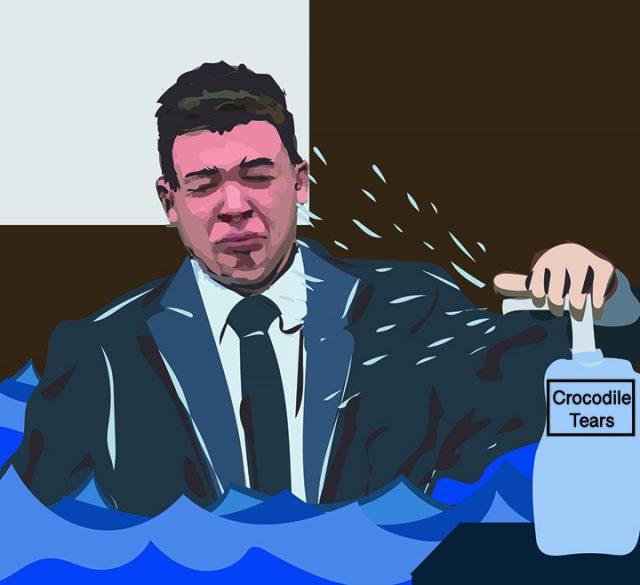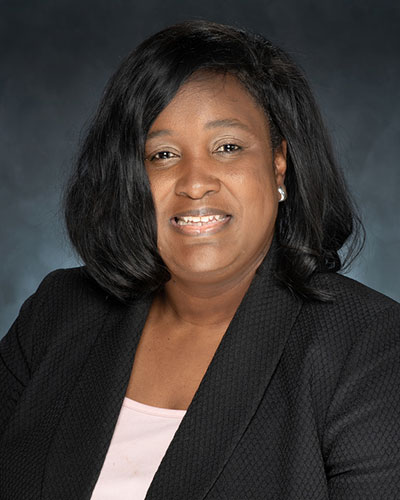Andrea Cross
reporter
While COVID-19 has affected TCC students over the past year, faculty members have also had to adapt.
Ting Huang, who teaches analog and digital photography on NE Campus, had never taught virtually prior to the pandemic. She said her personal life has been affected tremendously.
“On weekdays, I have more small moments or breaks to spend with my family since I am working from home,” she said. “But overall, I have less longer periods of time to spend with them because half of my weekends are typically spent on working.”
Feeling overworked and unable to step away from the computer is a familiar feeling to Elizabeth Koenn, a NE kinesiology instructor, who was also new to virtual teaching.
“I had specified work hours,” she said, “Now, teaching virtually makes me check my laptop at any random hour of the day/night.”
Bill Parker, a SE dual credit math instructor, has also seen his family time reduce.
“Time with my family has been sitting in the family room with them while having my computer on my lap as I plan and post lessons for the week,” he said.
Time management is a crucial tool that educators working from home have had to master. Huang said she often finds herself without enough time in the day to complete her to-do list.
“My biggest challenge has been my procrastination with grading,” Koenn said.
Without delay, educators had to learn a new way of teaching unlike the style they were accustomed to, and do so in a way their students could understand.
“Teachers are expected to continue to deliver vibrant and rigorous classroom environments online but receive little support and guidance on how to,” Huang said.
Faculty have also been concerned about how students react to virtual learning. Teachers must stay organized and present to assist struggling students.
Koenn said she questions the integrity of her kinesiology students in their workout submissions.
She has to trust they absorbed the material and really did the work they say.
Parker has had issues with students not applying themselves in the same way they would if classes were face to face.
“The majority of my students are gaining very little of the material,” Parker said. “They are given the opportunity to work problems on their own, but as I follow up and call on them individually, I learn that they are not doing anything productive with that time.”
Huang, however, said she has noticed the opposite.
“Many students are doing very well and are submitting beautiful assignments this semester,” she said.
Educators are ultimately there to help guide students to success, and that requires a flow of communication between teacher and student, Huang said.
“My advice for students who are struggling in the classroom is to recognize you are struggling and ask for help from your instructors,” she said. “Once a plan is in place, then prioritize your day to allow learning to happen. Time management is the most important life skill to learn, but don’t forget to schedule breaks in between tasks so you are taking care of yourself, too.”







































